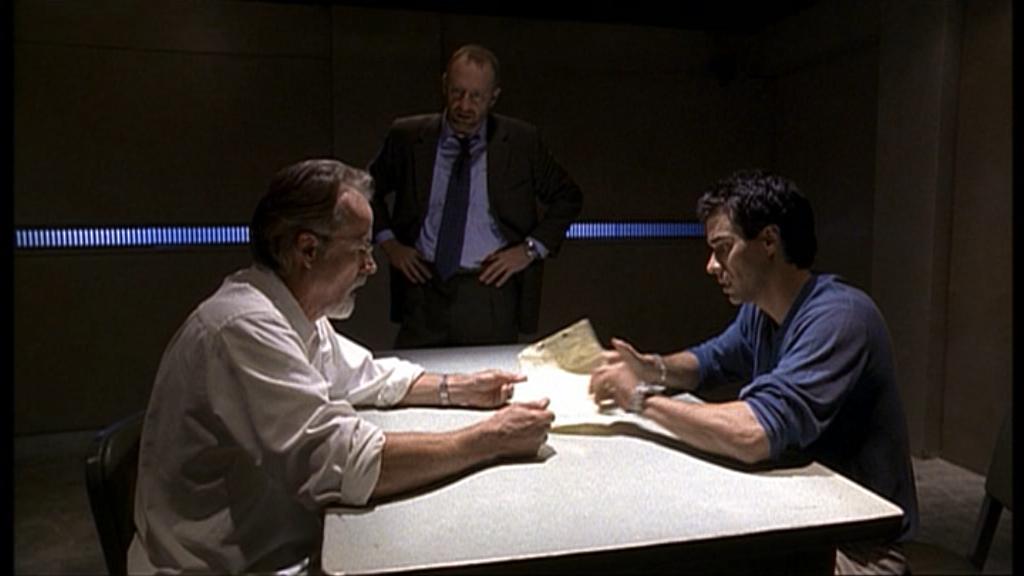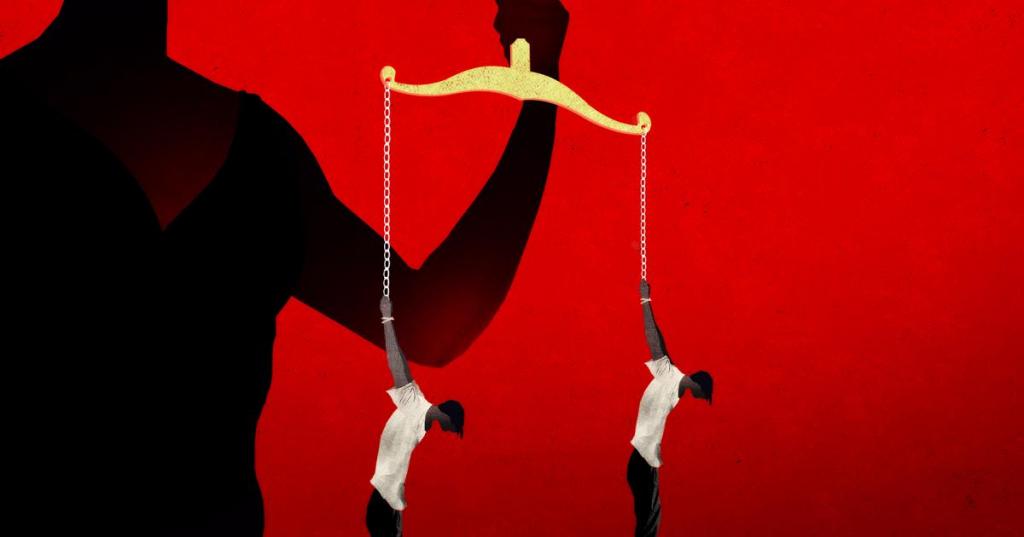The investigation is a process of establishing the truth in a criminal case. Investigative actions are a voluminous group of measures that involve the collection, fixing, assessment of evidence, interrogations. If there are significant contradictions in the testimony of the interrogated persons, then the investigator within the framework of Art. 164 Code of Criminal Procedure has the right to confront.
General concepts and rules
What is a confrontation? Despite the many different opinions of experts in the field of criminal law, this concept can be interpreted as the simultaneous interrogation of two persons, it does not matter if it will be witnesses, suspects or victims. The interrogation is carried out in order to eliminate the contradictions that arose during a conversation with these persons separately.
At its core, this is one type of interrogation that seeks to establish the truth.
A confrontation between persons who have not previously been interrogated for controversial circumstances is not allowed. If there are no significant contradictions in the testimonies of the interrogated persons, a confrontation is also not assigned. The issue of inconsistency is resolved by the investigator in the event that previously these testimonies do not provide the opportunity to correctly assess the existing evidence.
What is a confrontation and can it be held between strangers? In fact, there are no prohibitions on the simultaneous interrogation of two strangers. It is enough that the witness, suspect or victim saw each other during the incident and earlier testimony given by them contradicted each other.

Possible reasons
What is a confrontation and in what cases is it held? Contradictions can occur in two ways:
- the testifying person is in good faith;
- deliberately distorts the facts.
In the first case, a person can distort the facts due to the fact that he incorrectly perceived the events or poorly remembered them. In the second case, the distortion of facts is aimed at creating a false alibi in order to evade responsibility.

rules
A confrontation should be conducted in compliance with the requirements of Article 192 of the CPC and the provisions of the Constitution.
The interrogation of a person under the age of 14 is not allowed without the participation of a teacher. If a person who is recognized as mentally retarded is involved, then the legal representative, teacher or relative should be present at the interrogation.
Before a confrontation, both parties must be notified of their rights, responsibility for reporting false information, and that they have the right not to testify against themselves and their relatives.
If the interrogated persons wish, a lawyer may be involved in the process. If necessary, the investigator may bring to the procedure an official who was engaged in operational-search activities within the framework of this criminal proceedings. The investigator is not allowed to use violence or threats.

Protocol
The rules for conducting a confrontation provide for the mandatory maintenance of a protocol that is signed after the end of the procedure by all those present.
It is allowed to draw up the protocol in the form of a table in which the answers to the same questions of each interrogated person are entered. All interrogation can be recorded using technical means.
With the permission of the investigator, interrogated persons may ask questions to each other. This must be noted in the protocol.

Technique
The main tasks, rules and techniques of a confrontation are reduced to eliminating significant contradictions in the testimonies of two witnesses.
In order to activate the memory of the interrogated, they most often resort to the tactics of considering disputed facts in the reverse order. Interrogation can also be carried out directly at the scene of the offense. Often, investigators produce evidence.
A number of experts in the field of criminal law recommend a confrontation absolutely unexpectedly. But for this, the investigator must carefully prepare, determine the emotional and mental characteristics of both interrogated. Ideally, it is even better for a civil servant to prepare for themselves a plan for interrogation and to pick up material evidence.

Conclusion
What is a confrontation? For the investigator, this is a real opportunity to eliminate the contradictions that arose during the investigation of the criminal case and the interrogation of several participants in the process.
It is allowed to simultaneously interrogate not only witnesses or suspects, but also the victim, the accused, etc. The confrontation is not an obligation of the investigator, but only a right. If there is no disagreement in the evidence, then it shall not be held. The interrogated party, regardless of status, has the right to involve a lawyer in the process.
A confrontation is conducted in the form of a detailed interrogation, but with three participants. In this case, the investigator does not try to find out new circumstances, but only eliminates the contradictions and tries to expose a false alibi or slander to another person. All actions and information received are recorded in the protocol, which is signed by all participants.
